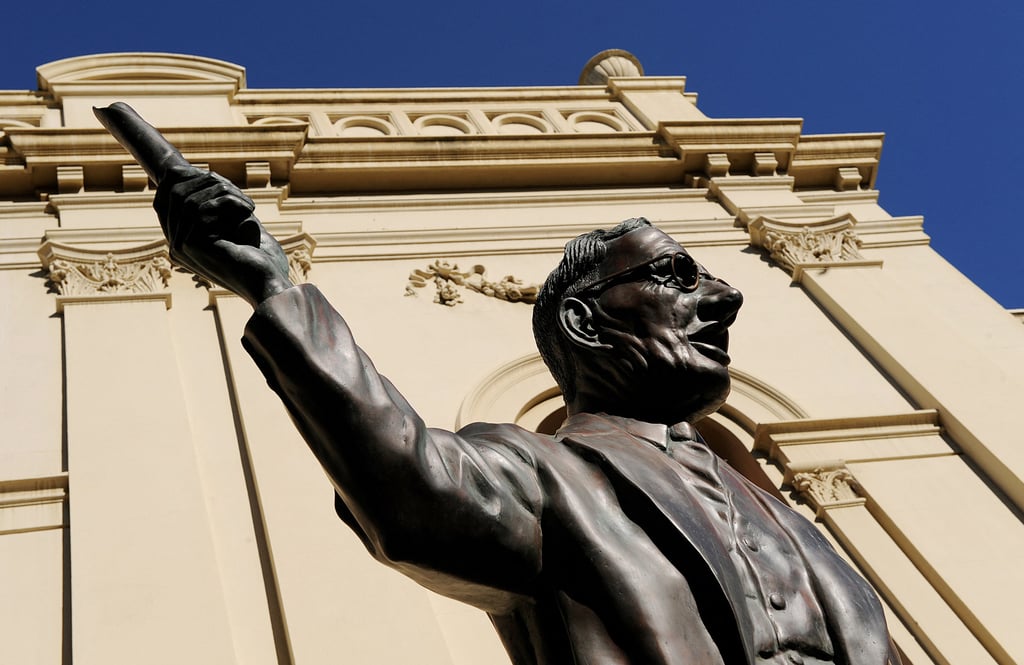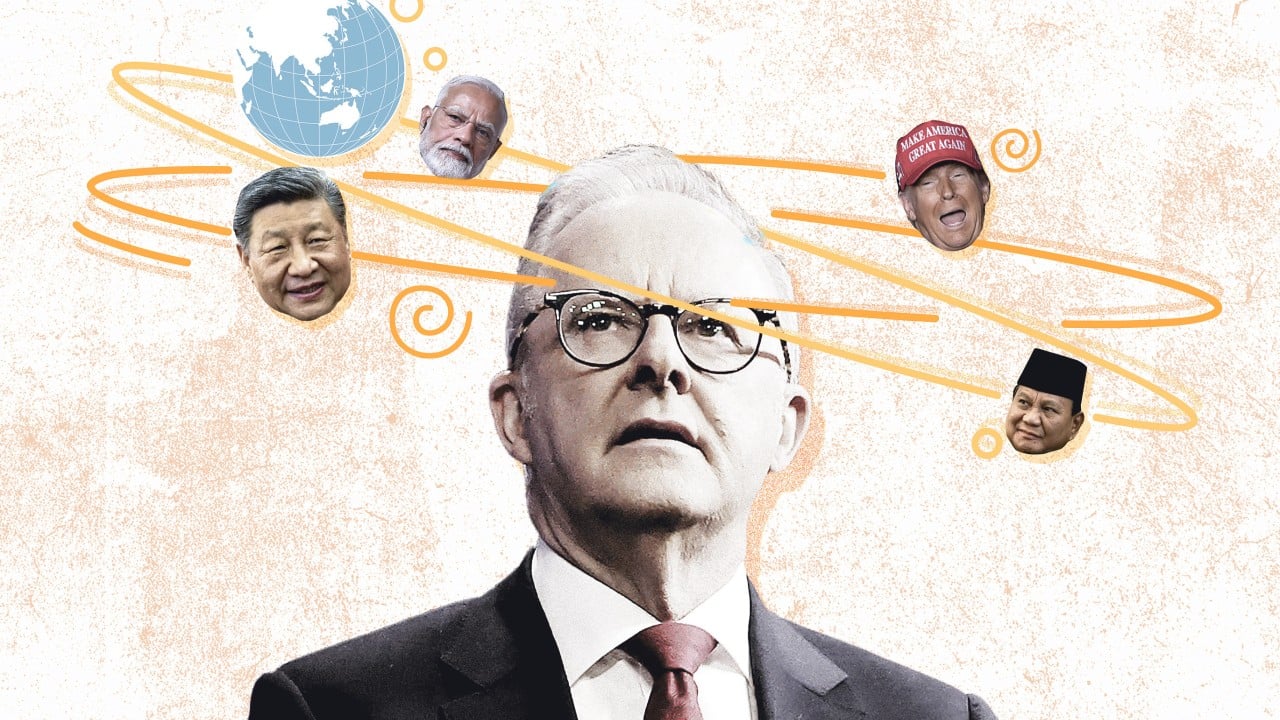For much of its history, Australia’s identity has been defined by distance – geographical, political, psychological. Now, with global tensions rising, Prime Minister Anthony Albanese is testing whether that distance might yet be a source of strength.
Advertisement
The answer, he seems to believe, lies in recalibrating Australia’s relationships with friends and rivals alike. As both critics from the political left and independent observers assail the cost and risks of Aukus – and the right demands ever-greater defence spending – Albanese has chosen his moment to assert a new doctrine: not America first, nor China first, but Australia first.
In doing so, he has looked to the past for inspiration. At last weekend’s commemoration of wartime leader John Curtin, Albanese delivered a speech that signalled this new direction, just days before his arrival in Beijing for a state visit.
He lauded Curtin as the “father” of the US-Australian alliance – now “a pillar of our foreign policy” – not only for turning to Washington following Britain’s disastrous surrender of Singapore to invading Japanese forces during World War II, but for insisting that Australia’s foreign and defence posture must be rooted in strategic reality, not tradition.

“Curtin restored in Labor what he revived in Australia: unity and purpose in times of crisis and uncertainty; ambition and cooperation in pursuit of opportunity, and above all, the confidence and determination to think and act for ourselves – to follow our own course and shape our own future,” Albanese said last Saturday of his long-ago predecessor as Labor party leader.
Advertisement
Albanese’s speech followed an emphatic election victory in May, granting his government another three years in office and, with support from the Greens in the Senate, the latitude for bold policy decisions. There is no indication his administration will abandon the Aukus nuclear-submarine programme or the Anzus alliance with the United States and New Zealand, both of which retain broad public backing; a recent Lowy Institute poll found six in 10 Australians surveyed believed the country should do more to deter China militarily.

